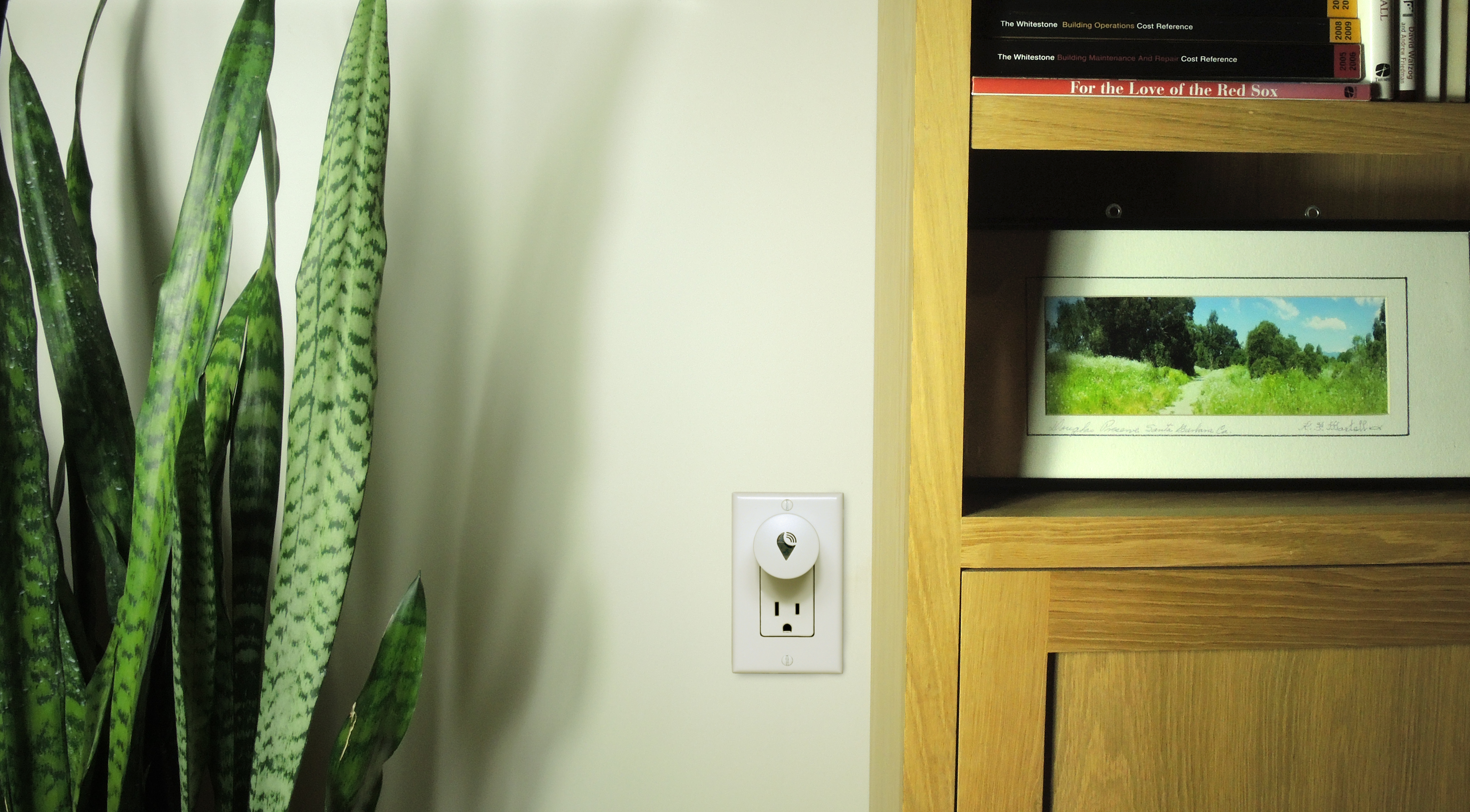The underlying advantage of IoT

Christian Johan Smith, presidentand co-founder, TrackR
I come from a family of wheat farmers in Selden, Kansas, USA, says The author is Christian Johan Smith, president and co-founder, TrackR. My relatives grew up manually harvesting wheat – cutting and bundling by hand – a process that was extremely tedious and labour-intensive.
However, with the Industrial Revolution occurring in the US in the 19th century, new machines automated some of these processes to give farmers time to learn more specialised skills.
Similar to how the Industrial Revolution changed the lives of people across the country a few generations ago, connected technologies have quickly integrated into all of our lives, changing the way we live, work, and interact with our world. The layer of connected objects is coined the “Internet of Things” (IoT), and although we may not realise it, we are surrounded by an exponentially increasing number of connected devices.
In layman’s terms, the premise behind IoT is that we can leverage the Internet to make previously inanimate objects communicate with us, applications and each other. However, we are in the early years of the IoT revolution, as evidenced by the growth potential of the market and a lack of common protocols. An evolved IoT environment should have similar characteristics to what the people appreciate most about technology today – technology that is out of the way.
![]() Future IoT platforms will runs seamlessly in the background, enable effective communication between a myriad of devices, and allow for consumers to seamlessly reap the benefits. Take airbags, for example. They rely on extremely sensitive technology and absolutely have to work when you need them, no exceptions. But most people just take airbag technology for granted and furthermore, we think that’s exactly as it should be.
Future IoT platforms will runs seamlessly in the background, enable effective communication between a myriad of devices, and allow for consumers to seamlessly reap the benefits. Take airbags, for example. They rely on extremely sensitive technology and absolutely have to work when you need them, no exceptions. But most people just take airbag technology for granted and furthermore, we think that’s exactly as it should be.
When technology reaches a maturity that users can take for granted, humanity is free to excel at other specialised tasks or new subject areas, just like farm automation allowed my relatives in Kansas to pursue other career paths and hobbies. My grandfather was able to attend medical school rather than working on the family farm.
The IoT revolution
With the current rate of technology advancement, the possibilities that IoT will create for society in the near and distant future are mind-boggling. In fact, IHS forecasts that the IoT market will grow from an installed base of 15.4 billion devices in 2015 to 30.7 billion devices in 2020 and 75.4 billion in 2025. But let’s not get ahead of ourselves… for now, let’s focus on the IoT that helps power our daily connected lifestyles today.
One subset of IoT that’s gaining steam is location tracking devices. These devices essentially work by “digitising” items — creating a way to virtually keep track of things — so that we can transfer the task of remembering where items are located to our technology.
Other devices that are enabling a similar type of effortless organisation are smartwatches. We now have the ability to wear a fully functioning smartphone on our wrists to make calls, schedule appointments, read the news, you name it — and even better, we can talk to it and it will respond back to us.
And then there’s new connected home devices that can control the temperature of our homes or make sure we’ve turned the lights off to conserve energy when we’re away.
With the vast types of IoT technology available today, one recognisable commonality among these devices and apps is that they allow us to free up mind power to focus on more important things than where our stuff is located at any given moment or if we accidentally forgot to turn off the lights in the kitchen before we ran out the door for work.
Similar to how we no longer remember phone numbers — rather we rely on our phones to remember them for us — new IoT technology is enabling humans to do more, and do it better, rather than waste time worrying about petty things that technology can now do for us.
It’s the friend that always has your back, alerting you when your dog gets out of the yard or when you’ve accidentally left your wallet at a restaurant. Most importantly, it gives you peace of mind to go about your day knowing that you are in control of your life.
The author of this blog is Christian Johan Smith, president and co-founder, TrackR
Comment on this article below or via Twitter @IoTGN
